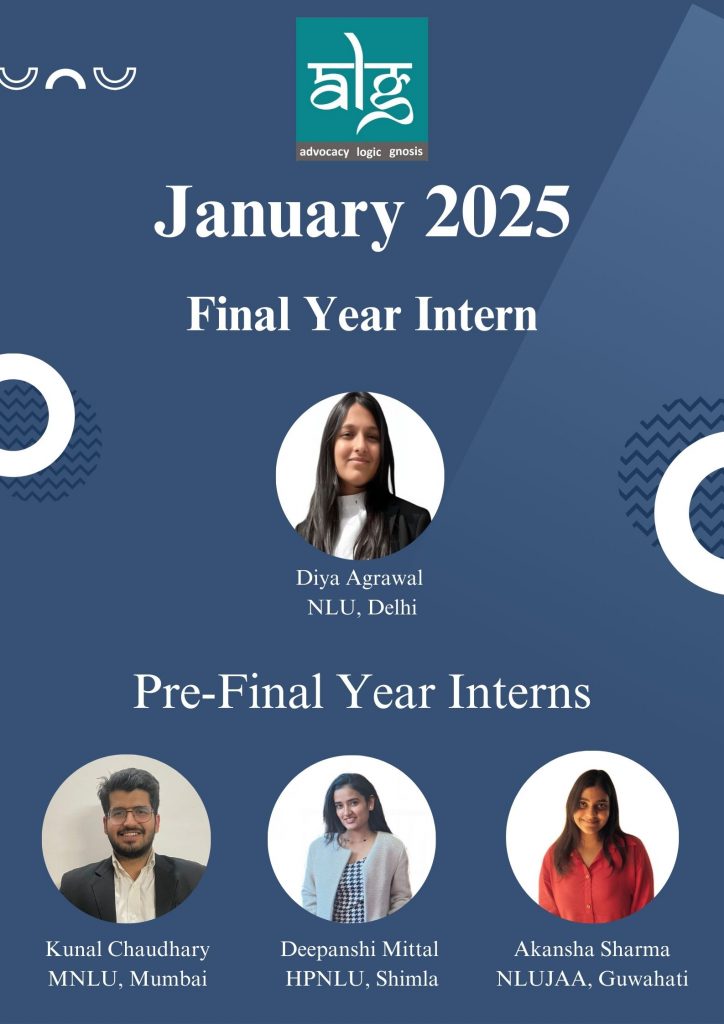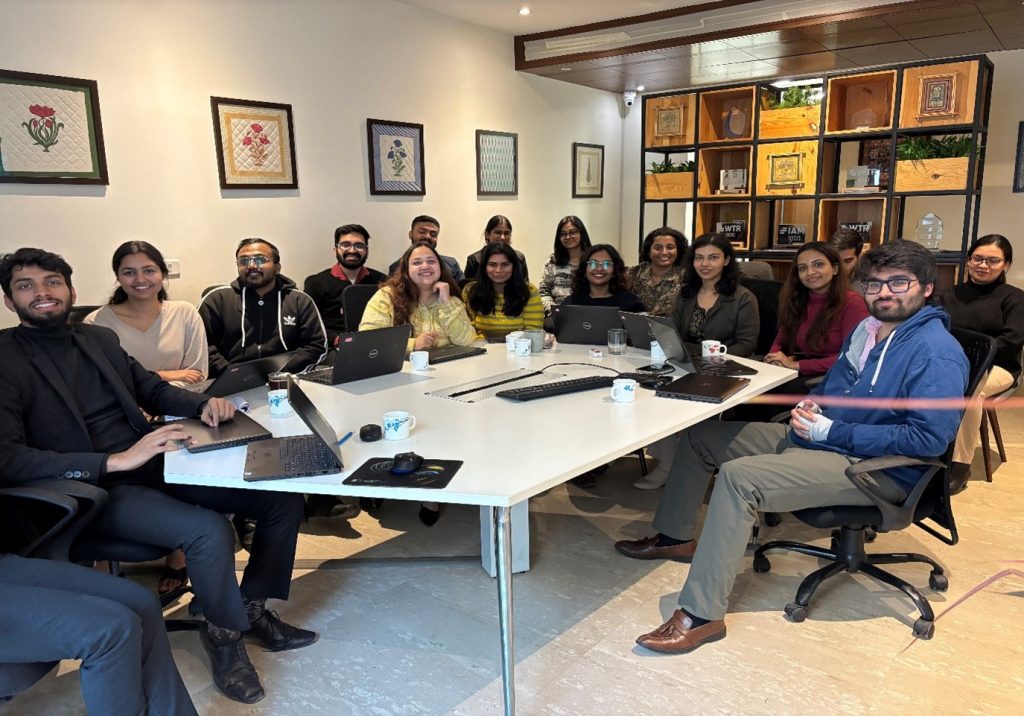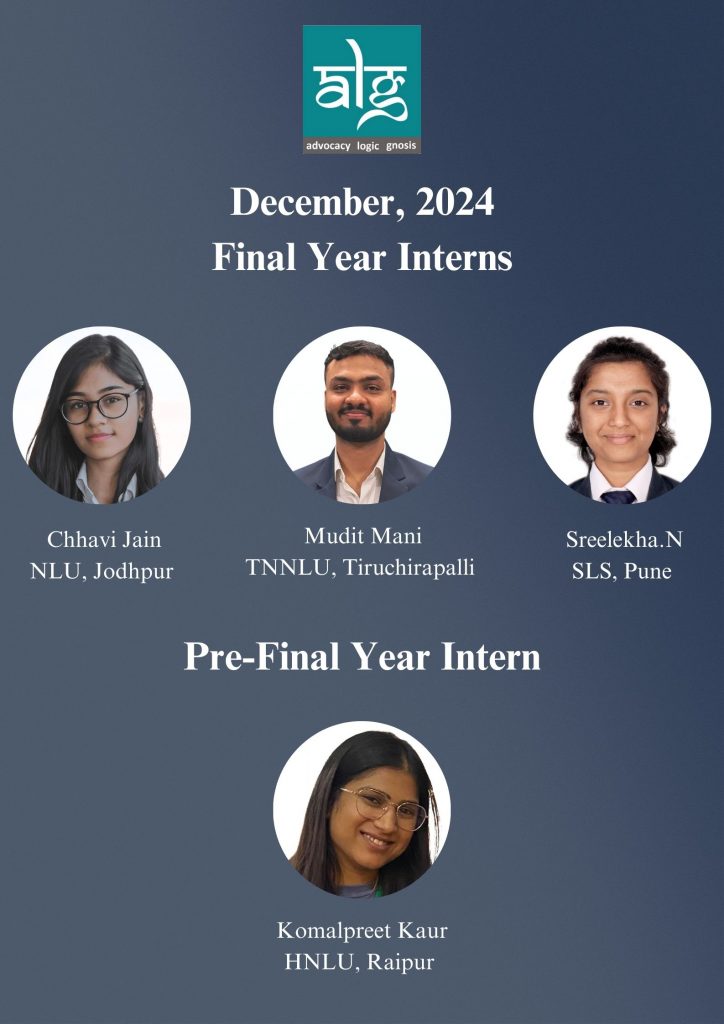A legal issues seminar was conducted by Amal Riaz, Trainee Associate, on “Can a God’s Name Be Registered as a Trade Mark?”. The seminar delved into provisions of Section 9 of the Trade Marks Act, 1999, which prevents registration of common names and those that offend religious sentiments.
The seminar highlighted pivotal cases where proprietors of trademarks bearing names of deities were denied exclusive rights due to their commonality and generic nature. It also examined instances where claims were rejected on the grounds that they could possibly offend religious sentiments, ensuring such names remain accessible to the public. Additionally, the discussion highlighted court observations clarifying that there is no absolute prohibition on registering a deity’s name as a trademark. The seminar concluded with an engaging analysis of the threshold of distinctiveness required for obtaining exclusive rights in a god’s name.



